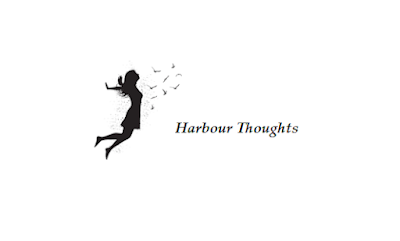As I Watch the Ploughman Ploughing
By Walter Whitman
As I watch’d the ploughman ploughing,
Or the sower sowing in the fields, or the harvester harvesting,
I saw there too, O life and death, your analogies;
(Life, life is the tillage, and Death is the harvest according.)
Poem Analysis:
Walt Whitman, one of America's most influential poets, was known for his transcendentalist themes, free verse style, and deep reflections on life, death, and nature. In As I Watch the Ploughman Ploughing, Whitman uses simple yet profound imagery of agricultural labor to draw an analogy between the cycle of farming and the cycle of life and death.
Themes and Interpretations
- The Cycle of Life and Death: Whitman portrays life and death not as separate events but as interconnected phases of a greater cycle. Just as farming follows a pattern of tilling, sowing, growing, and harvesting, human life follows a similar trajectory—birth, growth, and ultimately, death.
- Labor as a Metaphor for Existence: By focusing on the labor of farmers, Whitman elevates everyday work to a universal and philosophical level. The physical act of plowing, sowing, and harvesting mirrors human struggles, achievements, and the final acceptance of mortality.
- The Natural Order of Things: The poem suggests a harmonious relationship between life and death. Death is not something to be feared but rather understood as a natural consequence of life, just as a harvest is a natural result of cultivation.
- The Spiritual and Philosophical Perspective: Whitman often viewed nature as a source of wisdom. This poem reflects a pantheistic belief that life and death are part of a greater, divine rhythm, much like the endless cycles of nature.
Literary Devices
- Imagery – The vivid depiction of farming activities makes the poem both tangible and symbolic.
- Repetition – The repetition of “or” in the second line emphasizes the different stages of farming, mirroring the stages of life.
- Symbolism – Farming is a powerful metaphor for human existence, with tillage representing beginnings and harvest symbolizing endings.
- Apostrophe – By addressing “O life and death”, Whitman gives a dramatic and reflective tone to the poem.
As I Watch the Ploughman Ploughing is a brief yet deeply philosophical poem that encapsulates Whitman’s view of life and death as natural, cyclical, and interconnected. Through the imagery of farming, he presents a comforting perspective: death is not an abrupt ending but rather the expected harvest of a well-lived life.
Whitman’s message is ultimately one of acceptance—just as farmers understand the rhythm of the seasons, humans too must embrace the inevitable cycle of existence.
